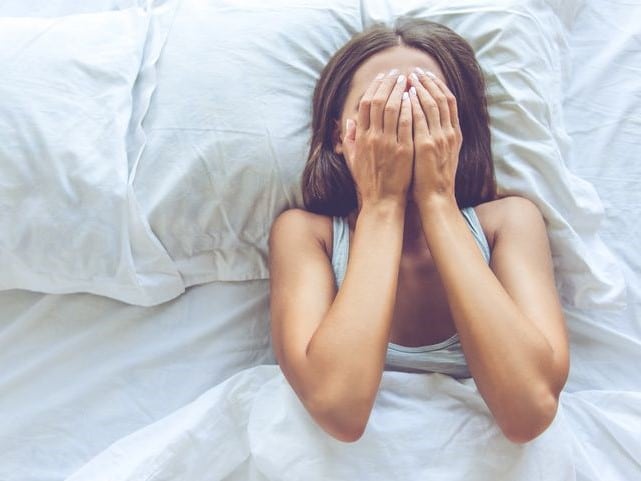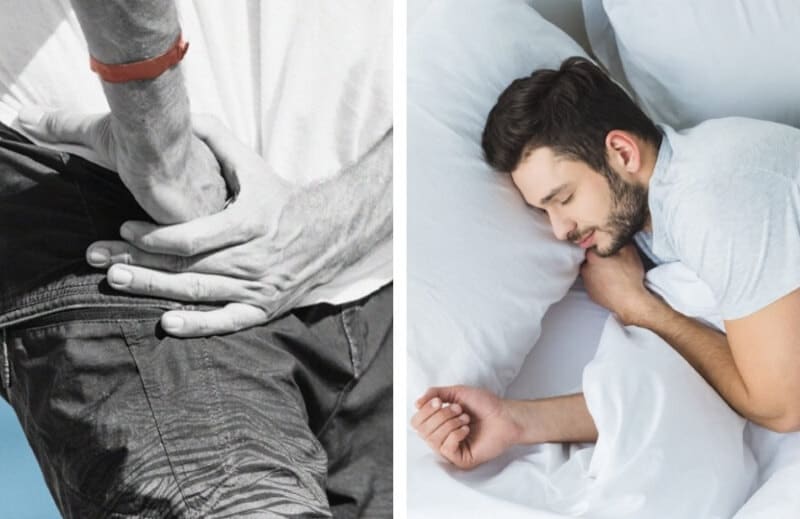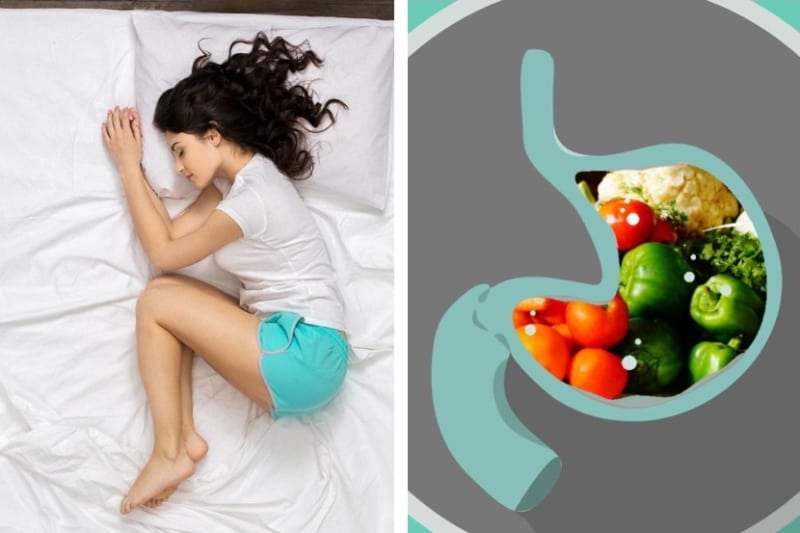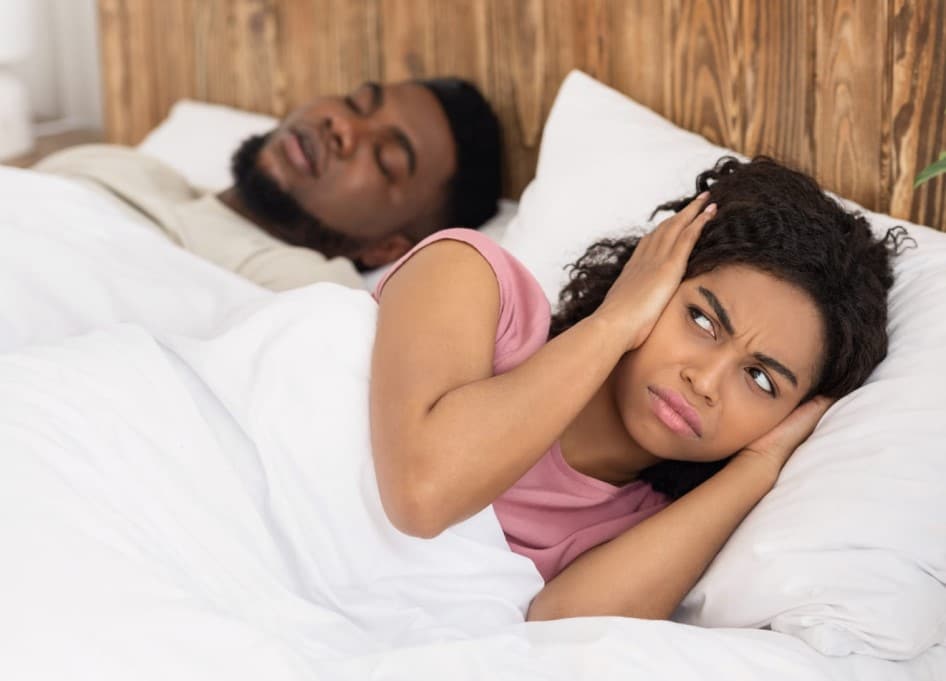

Are you hearing strange noises coming from your partner or someone in your household at night? Or perhaps you yourself are the source of the midnight disturbance and getting complaints from your family members? Regardless, groaning or moaning in sleep is quite a common occurrence, and you may be looking for ways to remedy this problem.
Sleep-related groaning (catathrenia) can have a variety of causes, but most often, these are none too serious. Most importantly, these are easily rectified, so you and your household can quickly get back to enjoying a quiet, peaceful sleep!
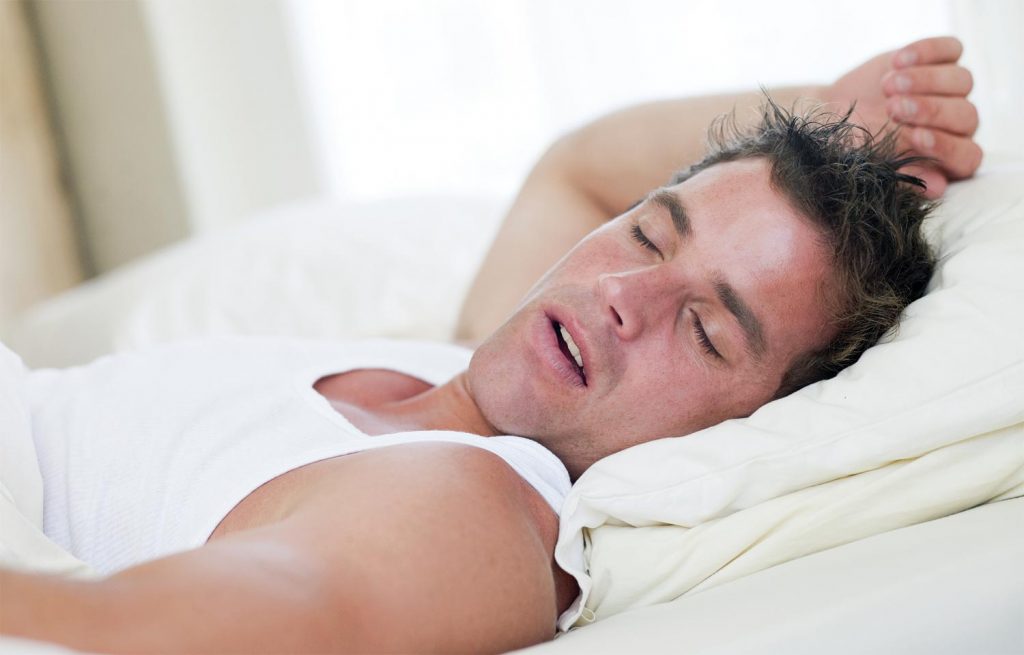
The individual that moans in their sleep is usually unaware that they are making any noise. The groan starts with the sleeper taking in a long, deep breath (bradypnea), holding it, and then exhaling, which is accompanied by a lengthy moan. The duration of the sound depends on the length of the exhale. Other noises that may be produced include humming, roaring or even a kind of squeaking. These sounds alternate with ordinary breathing during the night.
The causes behind this occurrence are still highly debated. Until recently, nocturnal groaning was thought to be a type of parasomnia (sleep disorder), however, it is now more widely regarded as a sleep-related breathing disorder. Statistically, males are more likely to have this condition than females. There don’t seem to be any specific causes for catathrenia, but this is in part down to limited research on this subject. These seems to be a slight genetic component to the disorder, as it has been noticed to run in families. Physiologically speaking, there is a correlation between jaw size and catathrenia, as individuals that suffer from this issue often have a smaller-sized jaw.
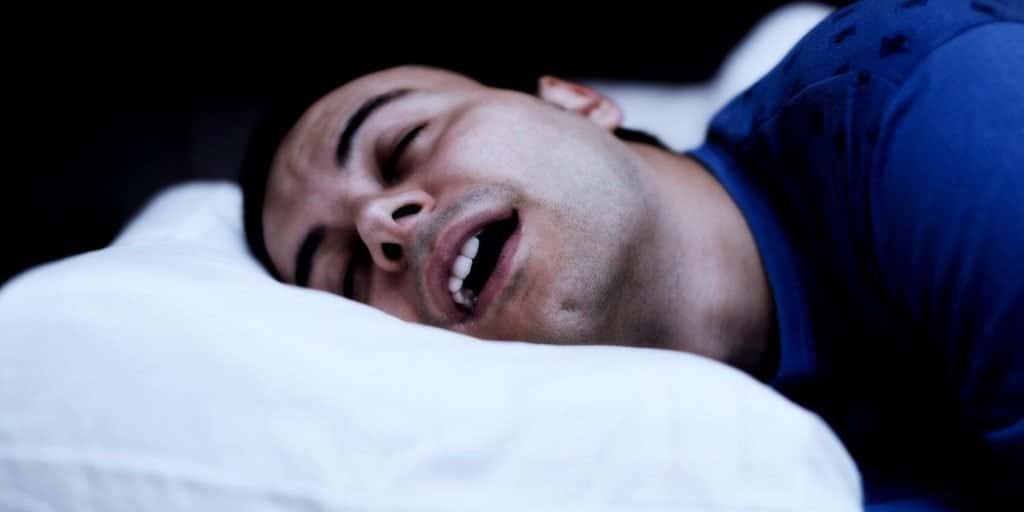
Catathrenia is also commonly confused with snoring or sounds made during an epileptic seizure, although it has nothing to do with either of these conditions.
When it comes to risks, nocturnal groaning has not been found to pose any serious threats to one’s physical or psychological health. However, as noted previously, much more research needs to be carried out in order to be able to say this with complete confidence. For now, no significant risks have been outlined, although each case is as individual as the person whom it belongs to. Therefore, someone that experiences catathrenia may also be a sleep-talker (somniloquist) and/or a sleepwalker, and the three may or may not be interconnected, meaning having one of these conditions may increase the risk of having one or both of the others in that particular individual. However, instances like this have not been observed across the board.
Those that suffer from catathrenia may sometimes wake up with a sore throat and uncomfortable sensations in their mouth and jaw area in the morning, or they may experience slightly more tiredness throughout the day, as though they did not get quite enough sleep. Most often, though, the groaner is unaware that they moan in their sleep and it does not have any severe effects on their health.
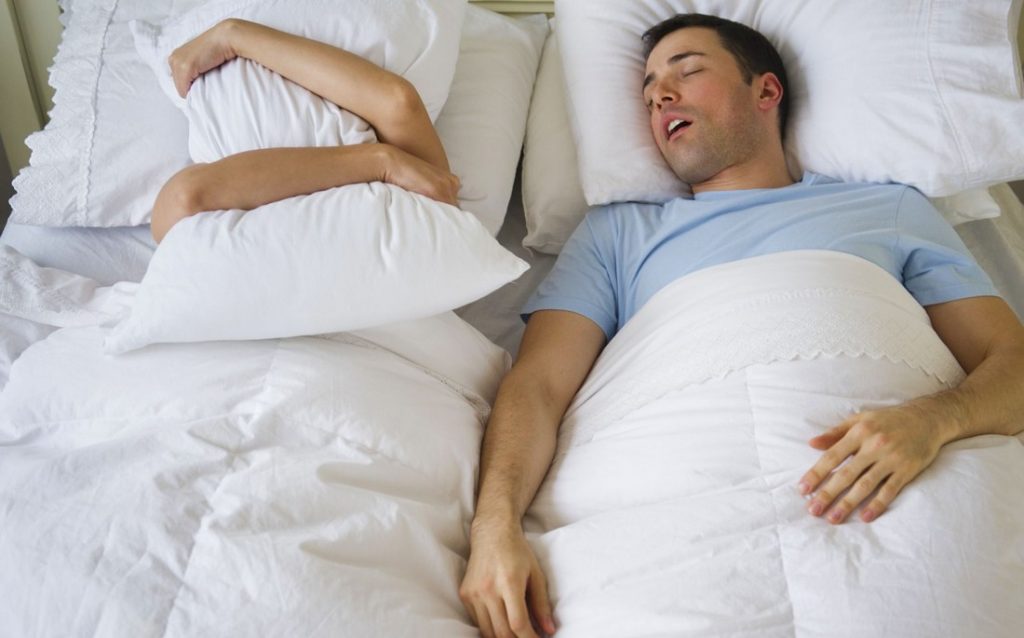
As catathrenia is not a particularly debilitating condition, there isn’t a great deal of research into effective treatment to eradicate it. The following methods have been found to be somewhat effective, but for best results, it would be great to try implementing them in conjunction with one another:

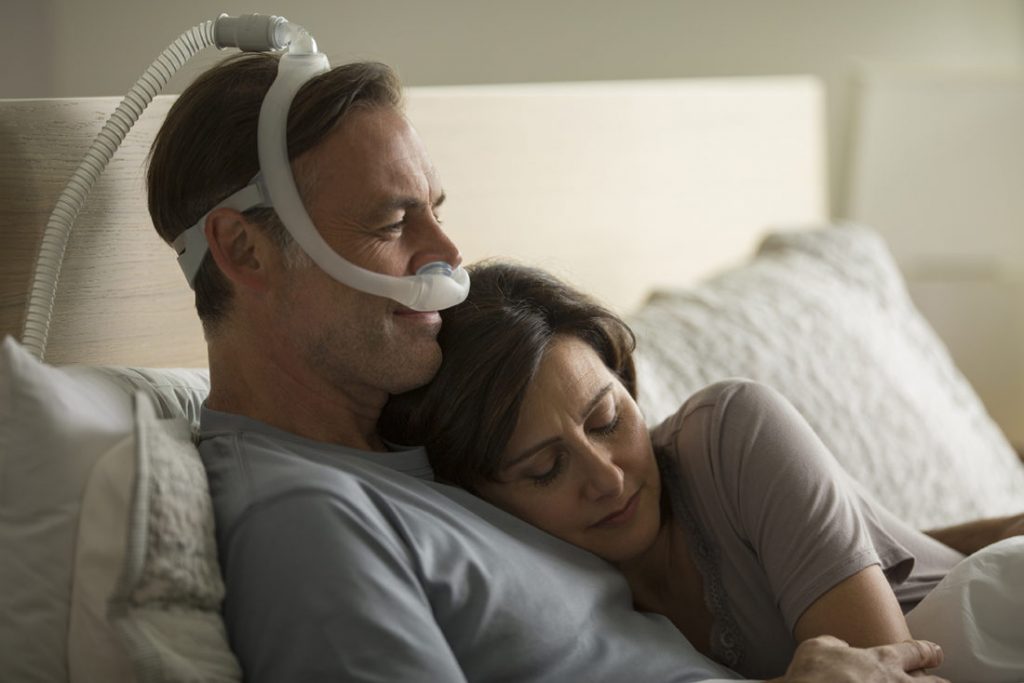
Some studies have shown that CBT may be an effective treatment method for some patients, but the results of such studies tend to be inconsistent. This could be because of individual differences or because of misdiagnosis, as the condition can often be mistaken for other disorders. Regardless, speak to your health practitioner about the possibility of undergoing cognitive behavioural therapy for catathrenia.
Afterword
If you’re groaning or moaning in your sleep and it’s not bothering you or anyone else, and you sleep well without any other symptoms, there is no need to worry or undergo serious treatment such as surgery. On the other hand, if you or your family members are suffering as a result of disturbed sleep, consult with a health practitioner or sleep specialist for more advice and some personalized recommendations on how to get rid of catathrenia.
We wish you a restful and healthy sleep!


